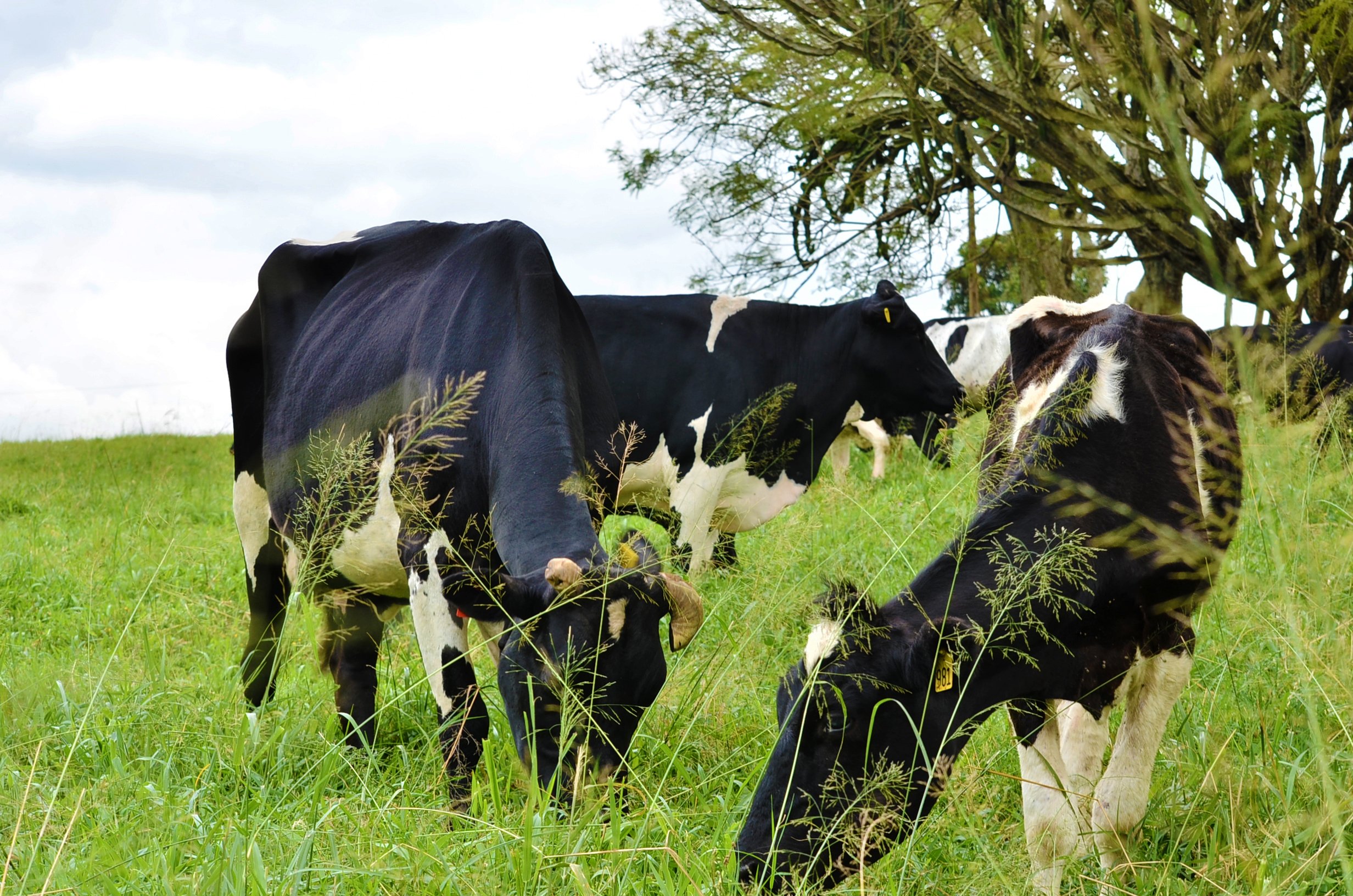Makerere, private firm seek Shs42b for commercialization of anti-tick vaccine

A lab technician explains production of an anti-tick vaccine at Alfasan Uganda Limited. PHOTO/JESSICA SABANO
What you need to know:
- Alfasan Uganda chairman Dr Silim Nahdy urged support from government in terms of public-private partnerships.
Authorities at Makerere University and Alfasan Uganda Limited, a private pharma company, have said they seek Shs42 billion to produce an anti-tick vaccine for commercialization.
Alfasan Limited was commissioned by President Museveni in 2016 and is expected to produce the anti-tick vaccine developed by Makerere University.
On Saturday Alfasan Uganda Managing Director Dr Stephen Birungi said research and further development of the vaccine needs to be amplified to full production for commercial levels.
“The factory is ready, but the research and development (R&D) aspects are very small. That’s why we are speaking of the Shs42 billion. This factory can produce a turnover of $500 billion combining import substitution and exports,” Dr Birungi noted.
Citing a bioreactor that cannot satisfy the Ugandan market, he appealed for additional machinery for full commercial production and expansion to suit the market demands.
Dr Birungi emphasized that the vaccine they started producing last month is in smaller quantities.
“We are going to inject the cows that the president gave us so that we do what we call a clinical trial to confirm ready tests which we have done in the lab to see that it's effective and does not affect the cows,” he explained.
Alfasan Uganda chairman Dr Silim Nahdy urged support from government in terms of public-private partnerships.
Dr Nahdy added that the factory is ready and beginning to produce liquid animal drugs and all powders for livestock and anti-tick vaccine which they have started to manufacture.
Dr Margeret Saimo Kahwa, the principal investigator of the anti-tick vaccine development initiative at Makerere University, said they are in the pilot phase with a small bioreactor and producing in small quantities.
“Right now, we have started with the test run to see how we have been producing in the laboratory, and we go ahead to produce batches for a clinical trial,” she noted.
The company anticipates that their products will be deployed to the field by the end of 2025.




